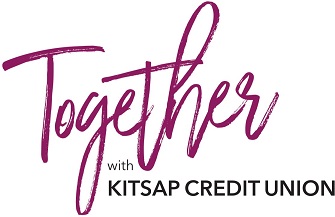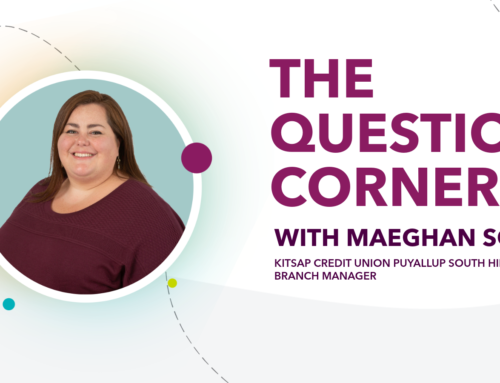This article was developed as part of Kitsap Credit Union’s partnership with EVERFI, Inc.
Small businesses are the true engines of the American economy, creating two out of every three new jobs.
But while small business owners tend to be experts within their own industries, many are less familiar with ways to access the financing necessary for capital investments and business growth. Never fear! In this post, we’ll explore five critical lending terms that you need to know before applying for a small business loan.
- Small Business Plan: According to one seminal study, companies with business plans grow 30 percent faster than those without. But that’s not the only reason to create a business plan for your small business – acquiring financing also requires one. It doesn’t need to be long, but your plan should cover the financial, operational, and marketing goals for your company over a three-year period.
- Credit: As an entrepreneur, good credit is crucial to obtaining financing. Unlike personal credit, business credit is scored on a 0 – 100 scale, with anything over 75 considered “good.” To improve your chances of acquiring a loan with favorable terms, it’s important to understand the factors that lenders consider to create that score: character, capacity, capital, collateral, and conditions. Together, these five factors determine your creditworthiness.
- Financial Statements: Financial statements are the language of your business operations, and are critical for mapping your company’s financial history, health, and future. They are also frequently required for legal or accounting compliance reasons. There are three primary financial statements that potential lenders will want to see.
-
- Balance sheets: these are a snapshot of your company’s financial stability at a given point in time.
- Profit and loss statements: these summarize your costs and operating expenses.
- Cash flow statements: These show how much cash or working capital is available by tracking how money moves through your business.
-
- Short- vs. Long-Term Financing Tools: Businesses use credit for a variety of purposes, such as funding start-up costs and growth, purchasing assets, investing in small business marketing, and for day-to-day operations. Depending on your needs, a short- or long-term financing solution may be the most appropriate solution for you. Short-term tools include lines of credit and business credit cards, while long-term tools include term loans and commercial real estate loans.
Finance, like any other industry, has its own language. By mastering the terms specific to lending, you will have a competitive advantage when it comes to preparing an attractive proposal that will maximize your chances of successfully financing your small business.






